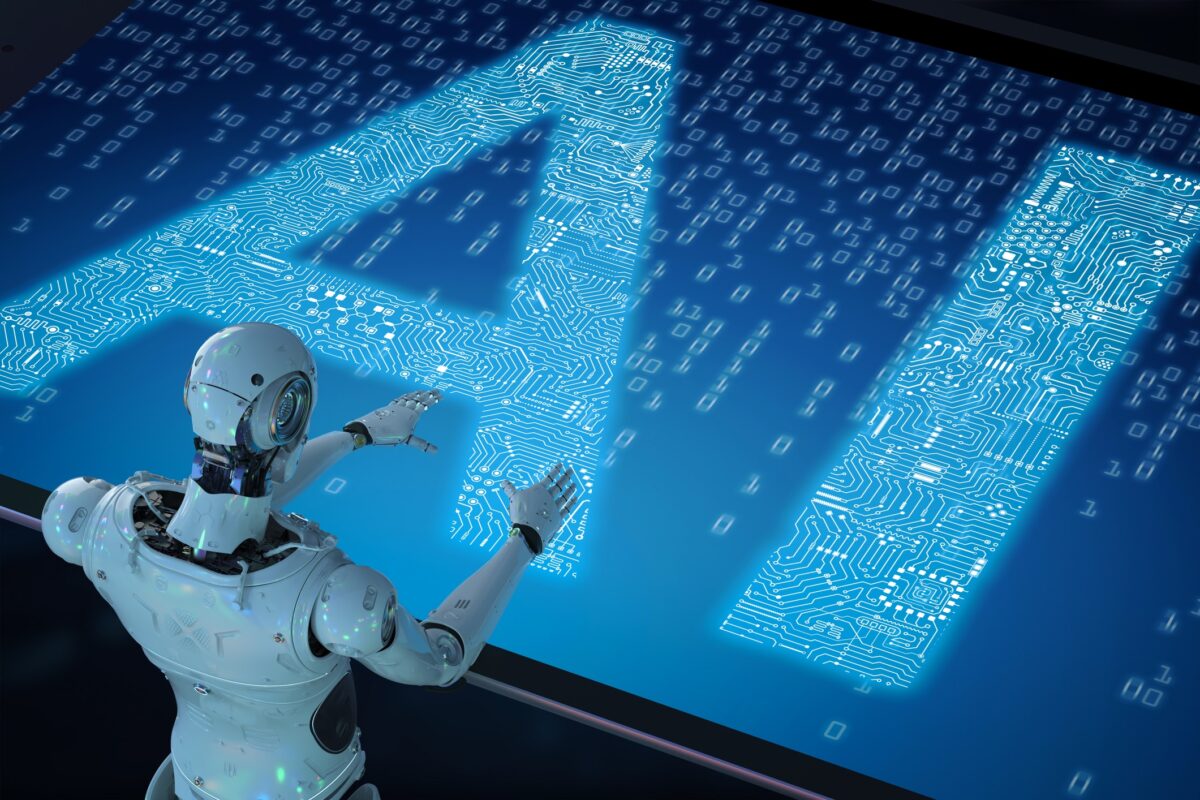[ad_1]
Artificial Intelligence (AI) is no longer just a buzzword or a subject of science fiction. It is a reality that is rapidly changing the world we live in. AI is reshaping our world in ways we could never have imagined before.
Artificial intelligence is a branch of computer science that focuses on creating intelligent machines that can perform tasks that would typically require human intelligence. These machines can learn from experience, adapt to new situations, and make decisions based on data. AI has already shown its potential in industries such as healthcare, finance, retail, and transportation, among others.
One of the most significant impacts of AI has been in healthcare. AI is helping doctors and researchers diagnose and treat diseases more efficiently. It can analyze vast amounts of patient data to identify patterns and help develop personalized treatment plans. AI can also assist in developing new drugs and therapies, potentially leading to groundbreaking medical discoveries.
In the finance sector, AI is used to detect fraud, predict market trends, and analyze customer behavior. This technology can help financial institutions make more accurate decisions, reduce risks, and improve customer experiences.
AI is also changing the retail industry. Smart algorithms can analyze customer data and provide personalized suggestions, leading to increased sales and improved customer loyalty. Retailers can also use AI-powered chatbots to provide customer service, reducing the load on human customer service agents.
Transportation is another industry that is being disrupted by AI. Self-driving cars, trucks, and delivery drones are already on the roads and skies, changing the way we transport goods and people. These technologies have the potential to reduce accidents, congestion, and emissions.
While AI presents many opportunities, it also raises concerns about job loss and ethical implications. AI systems may replace human workers in certain industries, leading to unemployment. There are also concerns about the use of AI in decision-making processes that could adversely affect certain groups of people.
It is essential to ensure that AI is developed with ethics and responsibility in mind. Developers, policymakers, and society as a whole must work together to ensure that AI is used for the betterment of humanity and does not cause harm.
In conclusion, AI is transforming our world, and its potential is limitless. As this technology evolves, it will be crucial to strike a balance between its optimistic potential and its potential to create negative impacts, ensuring that we harness AI’s potential to create a more just, secure, and prosperous future for everyone. The future is undoubtedly here, and the possibilities are endless.
[ad_2]





